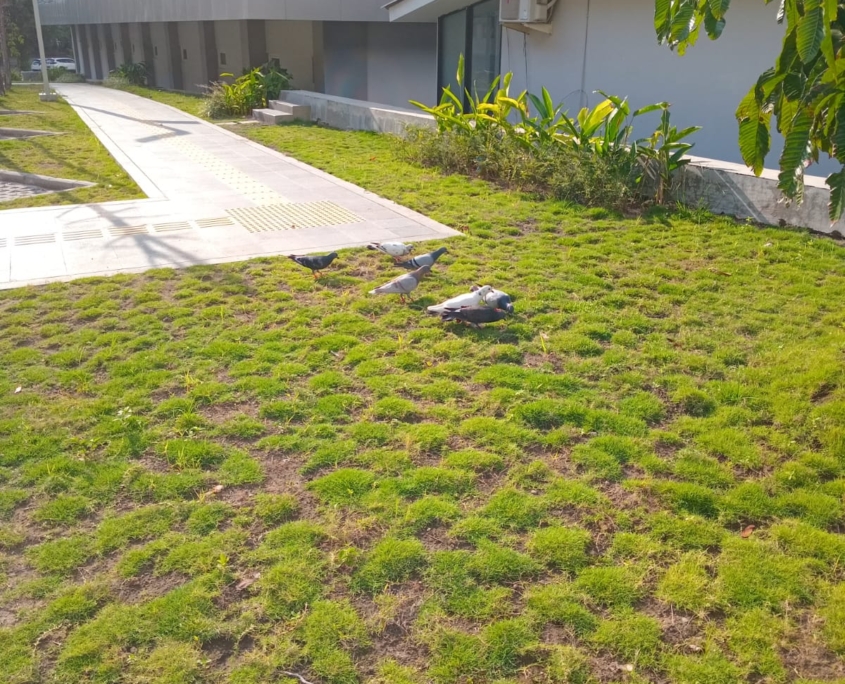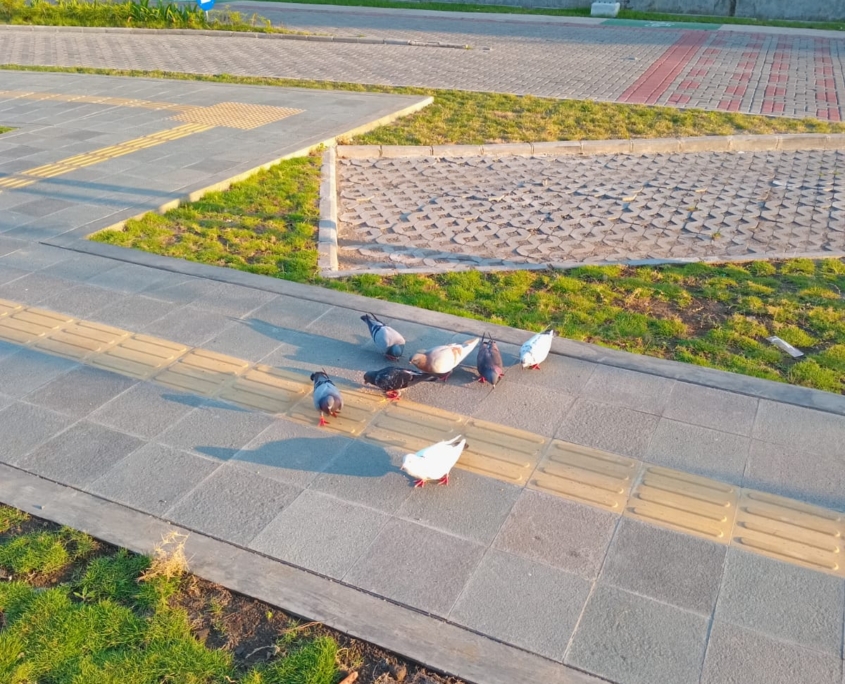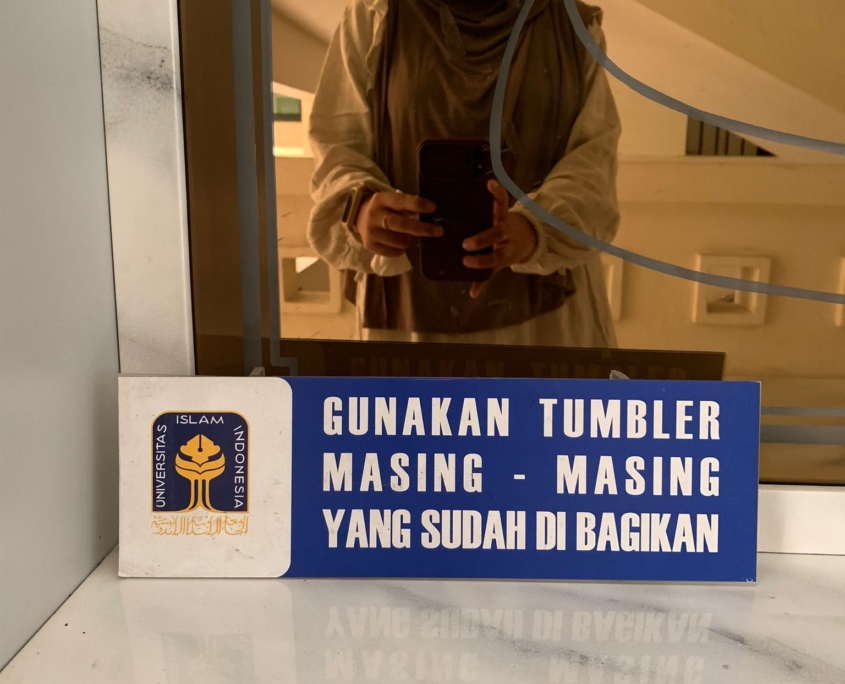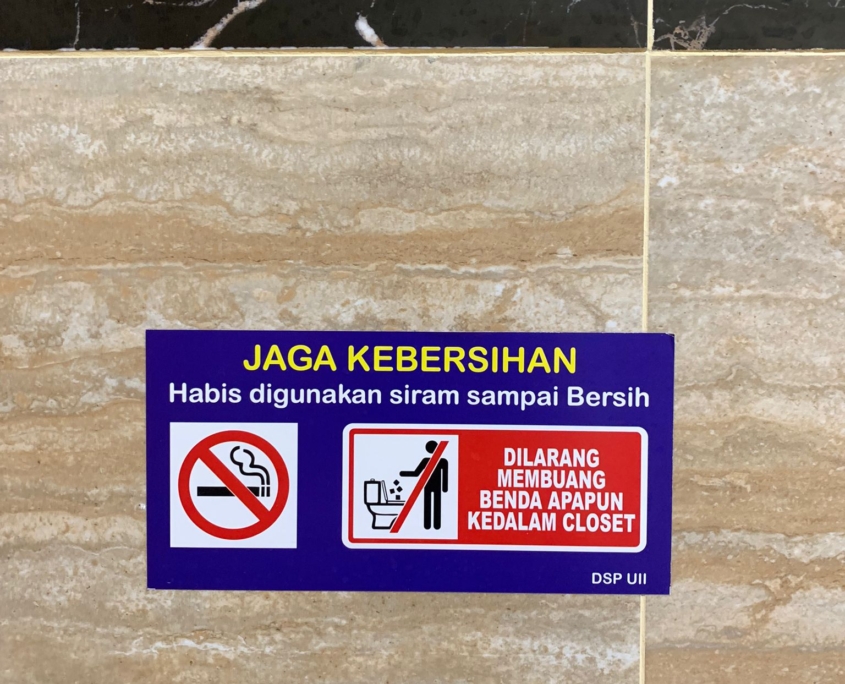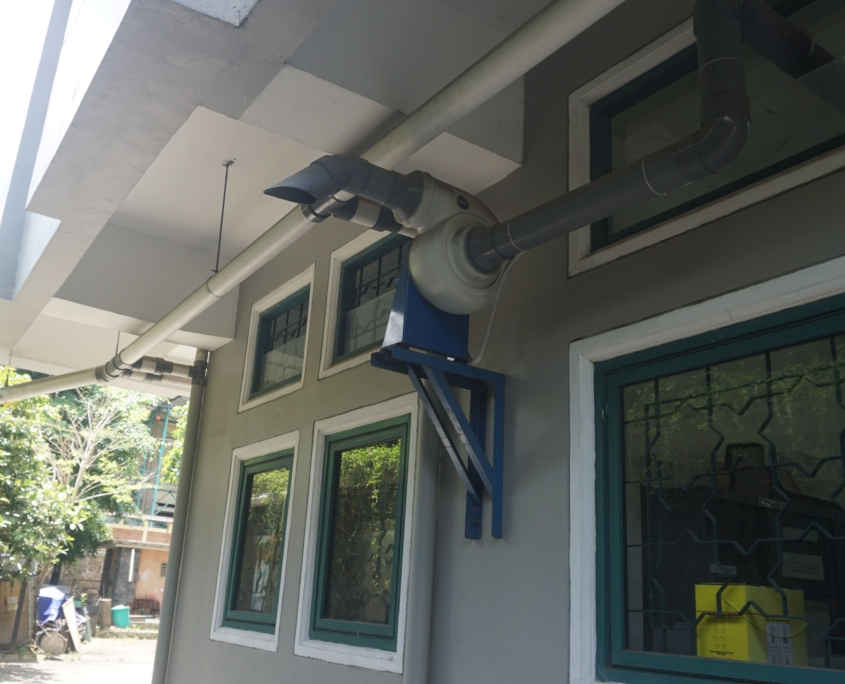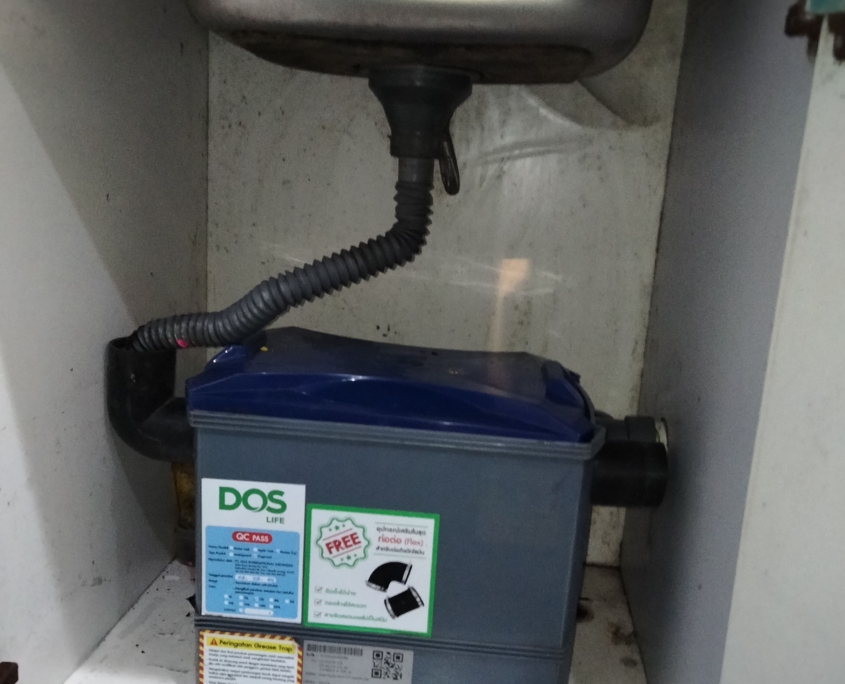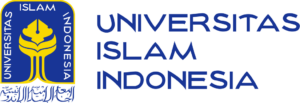Life On Land
Universitas Islam Indonesia (UII) champions sustainable practices and environmental education as integral parts of its mission, with a strong emphasis on supporting land ecosystems through dedicated educational initiatives, direct action, and responsible waste management. UII’s multi-faceted approach underscores its commitment to SDG 15: Life on Land, fostering a culture of stewardship that benefits both the university community and the wider region.
In its educational efforts, UII empowers students, faculty, and the local community with knowledge and skills to protect land ecosystems. Through programs like the Bachelor’s degree in Environmental Engineering and environmental courses within the International Relations curriculum, UII equips future leaders with an understanding of complex ecological challenges. Additionally, by hosting the International Conference on Sustainable Built Environment, UII promotes awareness on topics such as energy efficiency and ecosystem conservation, inspiring collective responsibility toward sustainable development goals. These efforts extend beyond the classroom through outreach programs, workshops, and community initiatives aimed at educating the public on sustainable land management, biodiversity, and environmental protection.
UII’s commitment to land ecosystems is further reflected in hands-on conservation initiatives and partnerships with local communities. From large-scale tree-planting campaigns to preliminary research aimed at conserving natural habitats, UII actively contributes to the preservation and restoration of local green spaces. These projects are developed in collaboration with stakeholders, including local governments and NGOs, ensuring that the university’s environmental actions are both inclusive and impactful. By incorporating biodiversity considerations into its campus planning and addressing the issue of invasive species, UII demonstrates a forward-thinking approach to sustaining local ecosystems.
In terms of waste disposal, UII implements policies that prioritize environmental health, specifically land-sensitive waste management strategies. Recognizing the threat of pollution to ecosystems, the university has set preliminary guidelines for plastic waste reduction and responsible disposal of hazardous materials. These foundational policies support UII’s goal of minimizing ecological impact and promoting sustainable waste practices across campus, which are vital for protecting terrestrial habitats and supporting biodiversity.
Through its commitment to education, conservation actions, and environmentally responsible waste disposal, UII fosters a culture of sustainability that directly contributes to the health of local ecosystems. This holistic approach positions the university as a leader in environmental stewardship, creating a blueprint for sustainable campus practices and community collaboration in the preservation of our planet’s natural landscapes.


